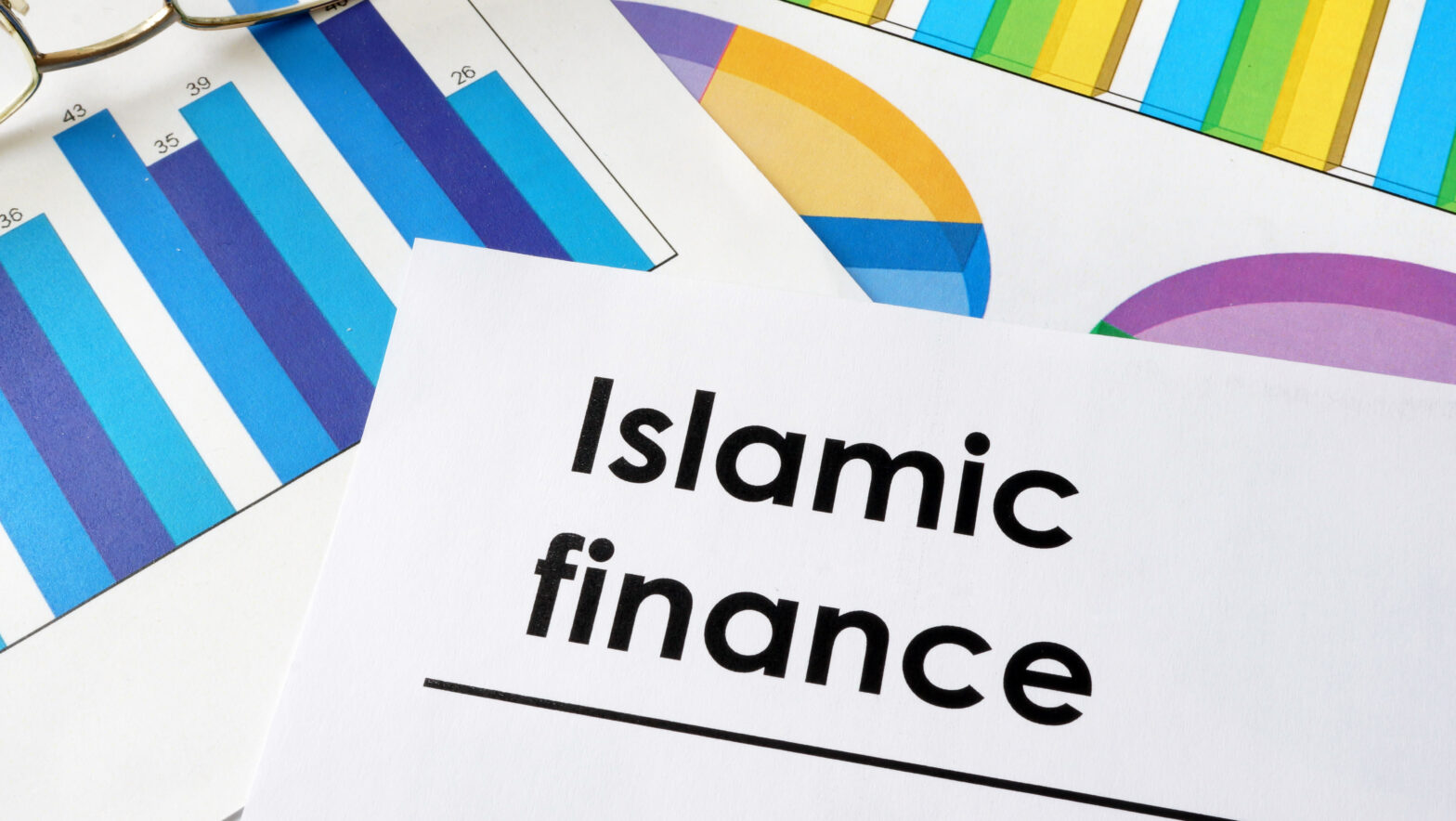You don’t have to be Muslim to be eligible for Islamic finance. Nada Jarnaz, an attorney at law firm Howard Kennedy, looks at how businesses could benefit from a growing pot of money.
When considering sources of business funding, applying for Islamic finance may not be the first option that springs to mind. But with Islamic investment vehicles sitting on billions of dollars, mainly from oil and gas returns, it’s an option that businesses would do well to think about. According to a recent ICD-Thompson Reuters report, the Islamic Finance industry will grow from $2.2 trillion in assets in 2016 to $3.8 trillion in assets by 2022. Manes answers our questions below.
Do I qualify for Islamic finance and what are its principles?
The idea that you have to be a Muslim to qualify for Islamic finance is completely false. However, your business must undertake an activity that is Shariah-compliant. Businesses promoting gambling, tobacco, alcohol, pork products, pornography, arms and other companies that produce products that may be viewed as harmful to humanity or the environment would be refused.
What kind of businesses are eligible?
“Islamic banking dictates that business should provide some form of benefit to the community at large, rather than setting pure profit as the aim”
Examples of small to medium-sized enterprises (SMEs) that could benefit from Islamic capital would be: an interior design company that offers decorating services to lower-income homes, a provider of mobile medical facilities, small enterprises selling forest carbon credits, or a dress shop in a rural area.
Are there any special advantages to Islamic finance?
When you get a loan from a conventional bank and things go wrong, the lender’s main priority is to recover its money, even if that means leaving the entrepreneur high and dry. Islamic banks, on the other hand, have the obligation to share in both the risks and the rewards when offering long-term financing to businesses. Simply accepting interest on a loan is classed as usury (riba) and is against Islamic law.
What does that mean in practice?
The most used instruments of Islamic commercial financing are profit and loss sharing schemes (musharaka). It’s a partnership where the profits are distributed in pre-arranged proportions and any losses are shared in proportion to each partners’ capital or investment. Another arrangement is ijara, which permits the financial institution to earn a profit by charging leasing rentals instead of lending money and earning interest. Another is purchase-and-resale (murabaha) where the capital provider purchases the required asset or product for which a loan would otherwise have been taken out from a third party. The asset is later resold at a higher price to the capital user.
What are the drawbacks?
With some financial aspects of Shariah law open to interpretation, some instruments may be offered by some institutions, but not by others. Some non-Muslim clients could also find that the conditions imposed by Islamic banks prevent them from taking advantage of shorter-term opportunities. Speculation or involvement in shorter-term market trends is outlawed, which gives the Islamic banking sector greater stability, but slows the pace of product innovation.
How can I access Islamic finance in the UK?
The UK has led the way in Islamic finance, allowing the creation and implementation of several pure Islamic banks including:
- Islamic Bank of Britain
- Bank of London and Middle East
- Gatehouse
- European Islamic Investment Bank
- Al-Rayan Bank
Furthermore, several UK mainstream banks have opened Islamic windows, including Barclays, Lloyds and HSBC.
Why don’t more non-Muslim entrepreneurs use Islamic finance already?
I believe the main barrier is psychological. It is not easy to accept a new system when you think that the existing one is unique and perfect. However, if a business or project meets Shariah requirements, I see no reason why any SME should not request funding from an Islamic bank or financial institution.
Related: Sharia start-up funding boom as UK leads in Islamic finance






